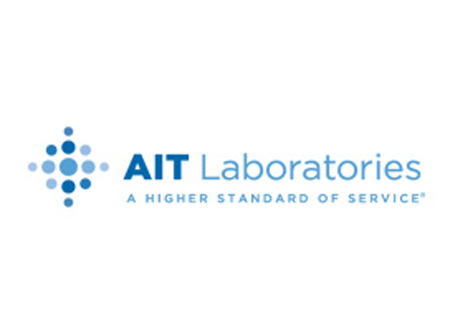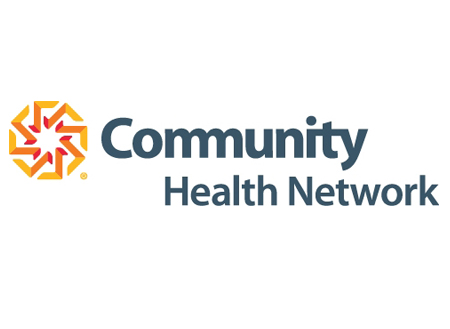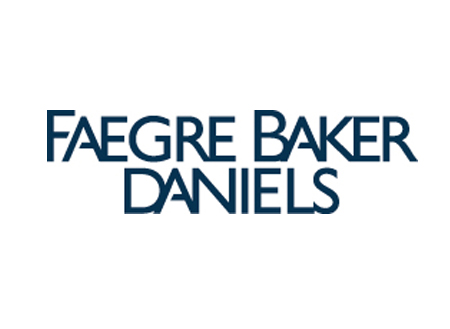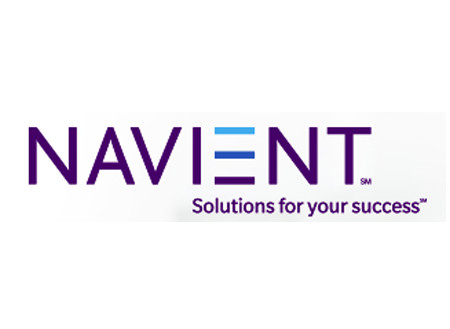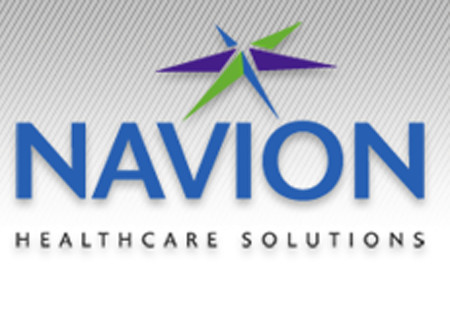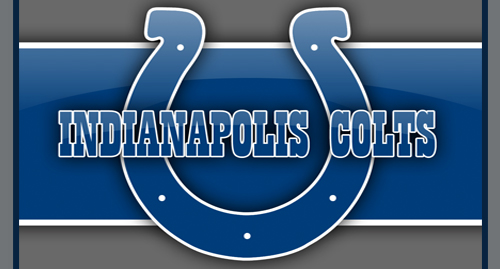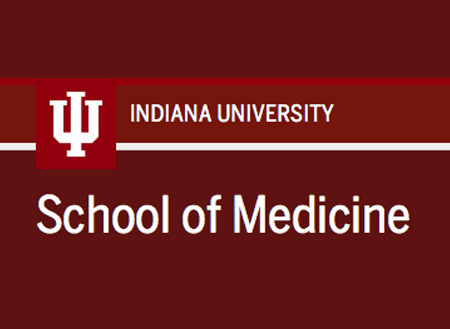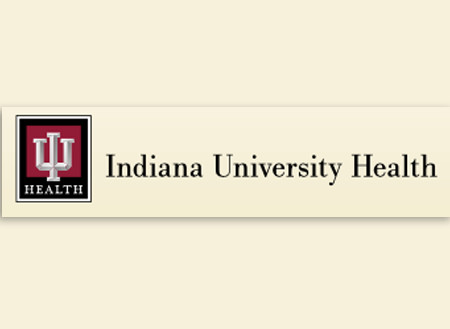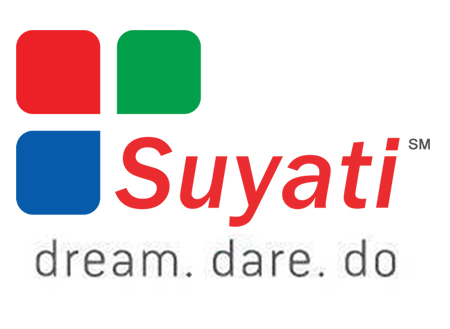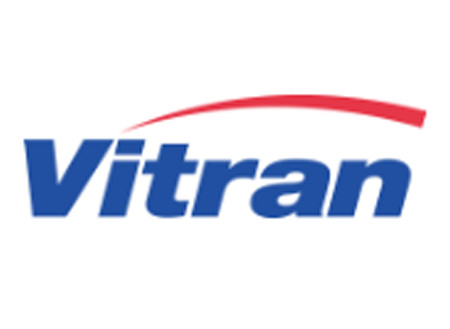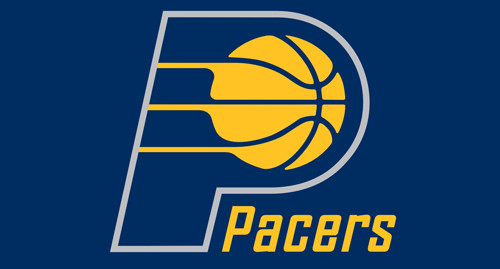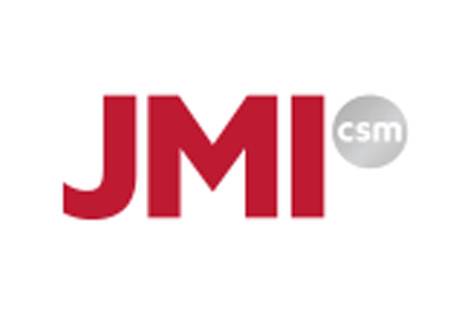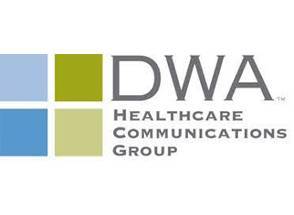According to Matt Gutwein, CEO of Marion County Health and Hospital Corporation, the traditional “fee for service” healthcare system in our country has fallen and can’t get up. “Where else can you get a gig that pays you the same regardless of need or effectiveness or even if it’s determined that the service rendered was completely unnecessary?”, asks Gutwein. This fatally flawed system results in enormous variations in treatment plans for the same diagnosis with little incentive to close the gaps. According to Gutwein, providers’ wellness rhetoric is trumped by constant pressure to increase fees. “Compensation drives conduct”, says Gutwein. So, when it comes to wellness, the conduct of our healthcare providers is speaking loudly and clearly –“well no, we won’t go!”
Despite growing opposition to the recently passed Healthcare Bill, Gutwein says there are some hidden gems within it that actually hold promise for improving the fee for service model. Such as:
- Comparative effectiveness research
Publishing a national data base of best practices for a given diagnosis to reduce the variability in treatment plans
- Incentives to get Electronic Medical Records into “meaningful use”
Healthcare providers around the country have accelerated their EMR implementation plans in order to receive financial incentives from the federal gov’t
EMR improves ability to measure and therefore manage patients’ overall health
- Establish “accountable care organizations” (ACO) and provide incentives to improve the overall health of the ACO
Realized savings can then be split between payers (Medicare) and providers
- Make pre-negotiated bundled payments for a “care incident” versus the traditional fee for service approach that yields multi-page bills charging for every cotton ball
- Provide incentives to stimulate ideas for lowering costs while improving quality of care
Think national suggestion box for improving healthcare
- Create incentives to establish a “medical home” for every patient with a primary care physician in charge of coordinating all healthcare regardless of where it comes from
Granted, most of the hidden gems above do hold some promise for improving the healthcare system. However, they also represent perilous steps down the slippery slope of nationalized healthcare –a frightening thought to the majority of Americans. This fear was substantially responsible for shifting the Congressional balance of power from Democrats to Republicans in the recent election. However, it’s also widely recognized that neither side of the political aisle has prescribed a cure for our ailing and unsustainable healthcare system. Whatever that cure might be, the majority of Americans do not believe that “ObamaCare” is it.
Come January, it will be interesting to see how much (if any) of the Healthcare Bill survives. Beyond that, we should watch closely for both public and private healthcare initiatives, always asking ourselves this question –will this lower the cost of treating the sick or improve the wellness of everyone? Because, until we figure out a way for healthcare providers to make money by keeping people well, they’ll continue to talk a good wellness game while running up the fee for service tab… murmuring “well no, we won’t go” with every diagnosis rendered.
The Health and Hospital Corporation of Marion County operates the Marion County Health Department and Wishard Memorial Hospital and its health services. Under Matt Gutwein’s leadership, HHC has gone from a $70 million deficit eight years ago to a $300 million surplus in 2010. Wishard maintains a cost to quality care ratio that ranks it among the best hospitals in the nation. For an Inside Indiana look at the new Wishard Hospital currently under construction, watch this video.



